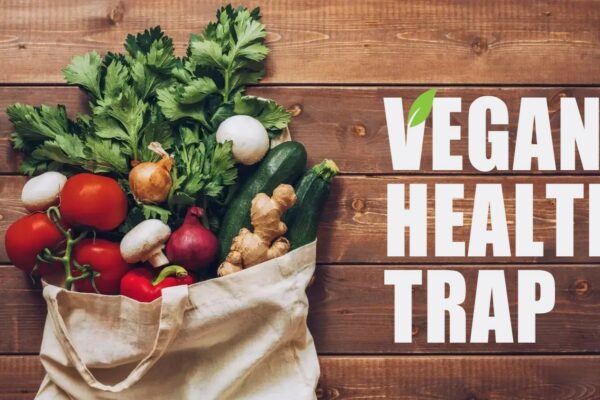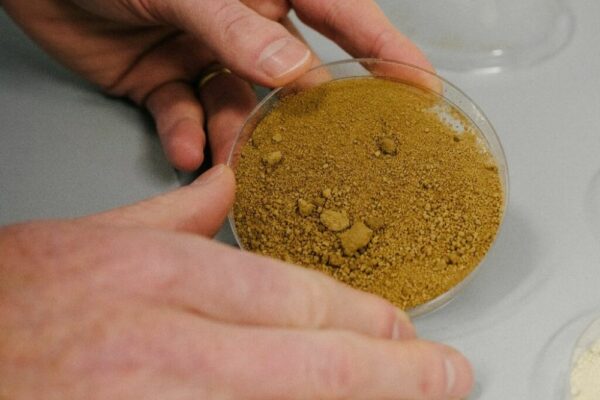Benefits of Plant-Based Diet and How to get Started
Explore new foods and focus on whole, nutrient-dense ingredients
Are you thinking about going plant-based but not sure where to start? Whether you’re looking to improve your health or reduce your environmental impact, a plant-based diet offers countless benefits. Plant-based diets, rich in fruit, vegetables, legumes, and whole grains, promote digestive health and weight management. Moreover, plant-based diets are rich in vitamins and fiber which is vital for gut health. Let’s delve deeper into the benefits of a plant-based diet and how to get started.
What is a Plant-Based Diet?
A plant-based diet focuses on whole, minimally processed plant foods, like fruits, vegetables, whole grains, nuts, seeds, and legumes. Unlike vegetarian or vegan diets, which emphasize food restrictions, a plant-based diet is about prioritizing plants while reducing the consumption of animal products.
Some people follow it strictly, while others take a more flexible approach, occasionally including small amounts of dairy, eggs, or meat. The goal is to make plants the star of your meals rather than an afterthought.
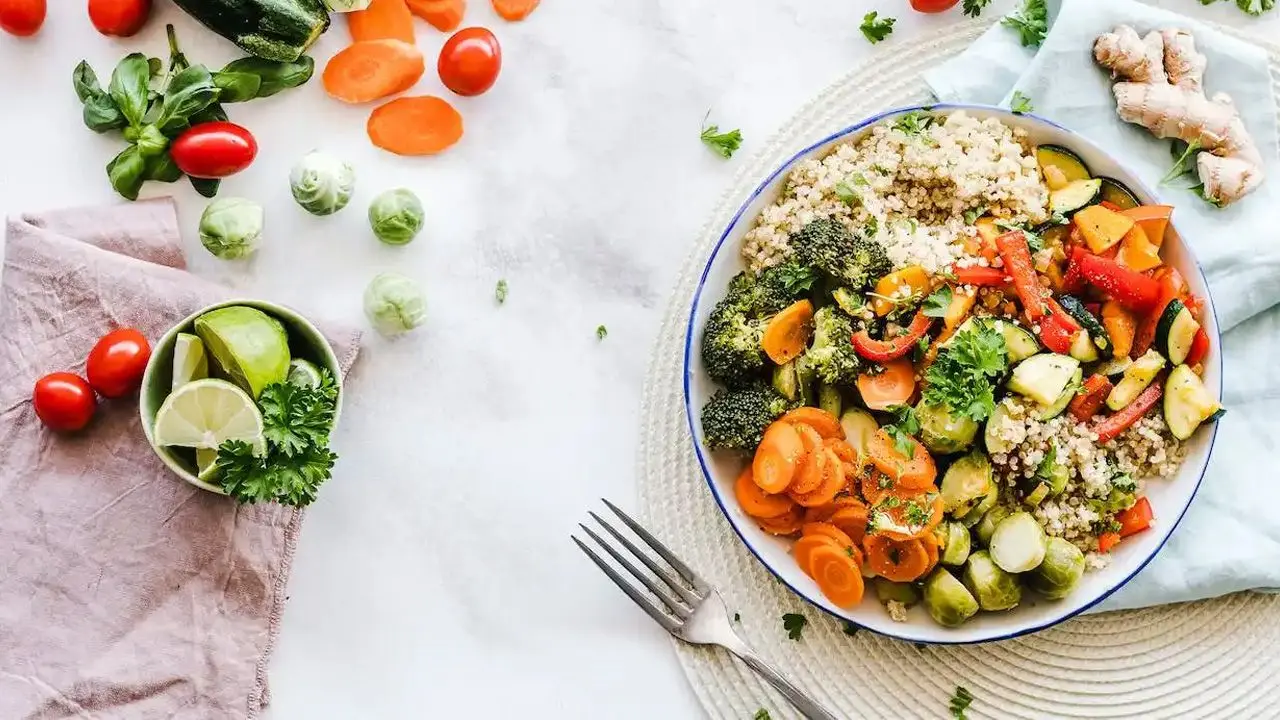
Image: Evolve
Why is Plant-Based Eating Healthy?
A plant-based diet offers a range of benefits, both for your body and the planet. Even though it requires more protein intake than its meat counterparts, a plant-based diet meets many nutrient requirements, especially the fiber intake to keep your gut happy and healthy.
Provides Essential Nutrients
A diet centered around plant foods provides essential nutrients like fiber, vitamins, fats, protein, carbohydrates, minerals, and antioxidants, all contributing to overall well-being. This diet is often higher in fiber and phytonutrients. However, the plant-based diet doesn’t offer as much protein and vitamin B12 as efficiently as animal-based foods.
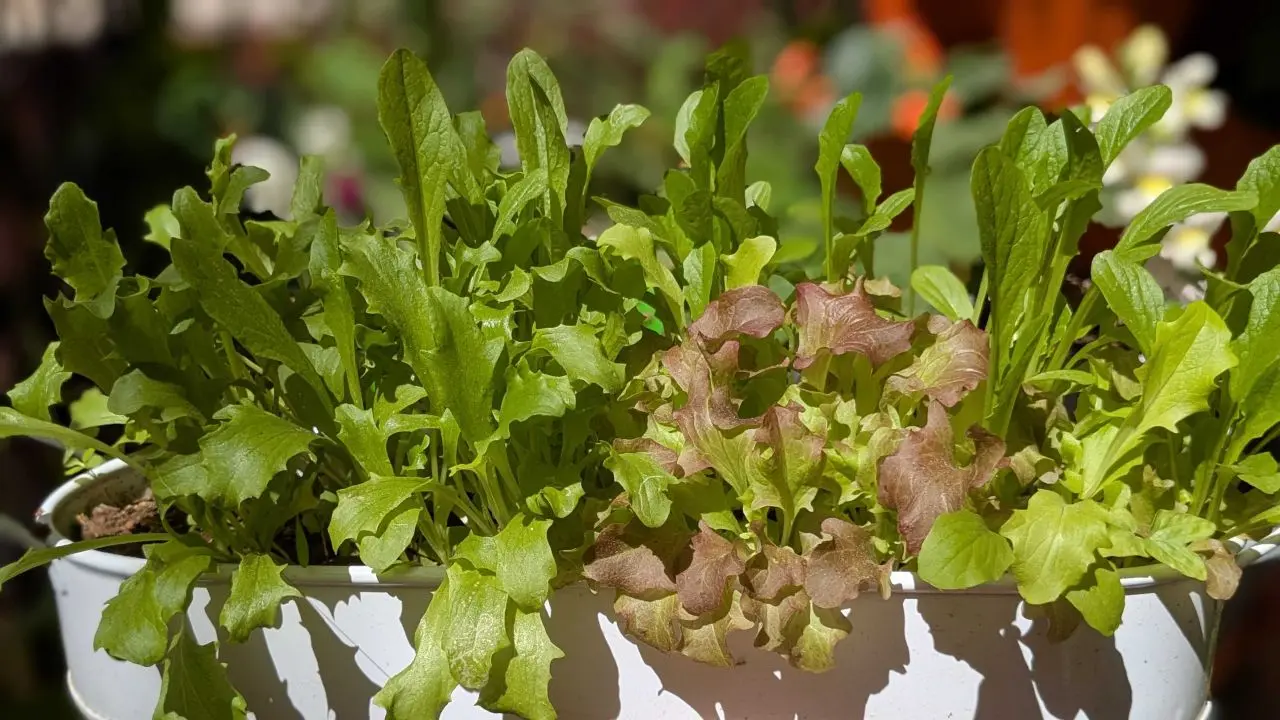
Image: Planet Custodian/Priya Chauhan
Features Less Saturated Fats
Plant-based diets are naturally lower in saturated fats, which helps reduce inflammation in the body. They also support a healthy gut microbiome due to their high fiber content, which promotes better digestion and immunity.
May Increase Energy
Many people find that they have more energy and improved mental clarity when eating primarily plant-based foods. Consuming processed and high-fat animal products can contribute to sluggishness.
Can Help With Weight Management
Plant-based eating can help you maintain a healthy weight due to its high fiber content. Since plant foods are generally lower in calories but high in fiber, they help you feel full longer and reduce overeating.
Improves Digestion
Fiber-rich foods support gut health and prevent constipation. A well-balanced plant-based diet can reduce bloating and improve bowel regularity, leading to a more comfortable and healthier digestive system.
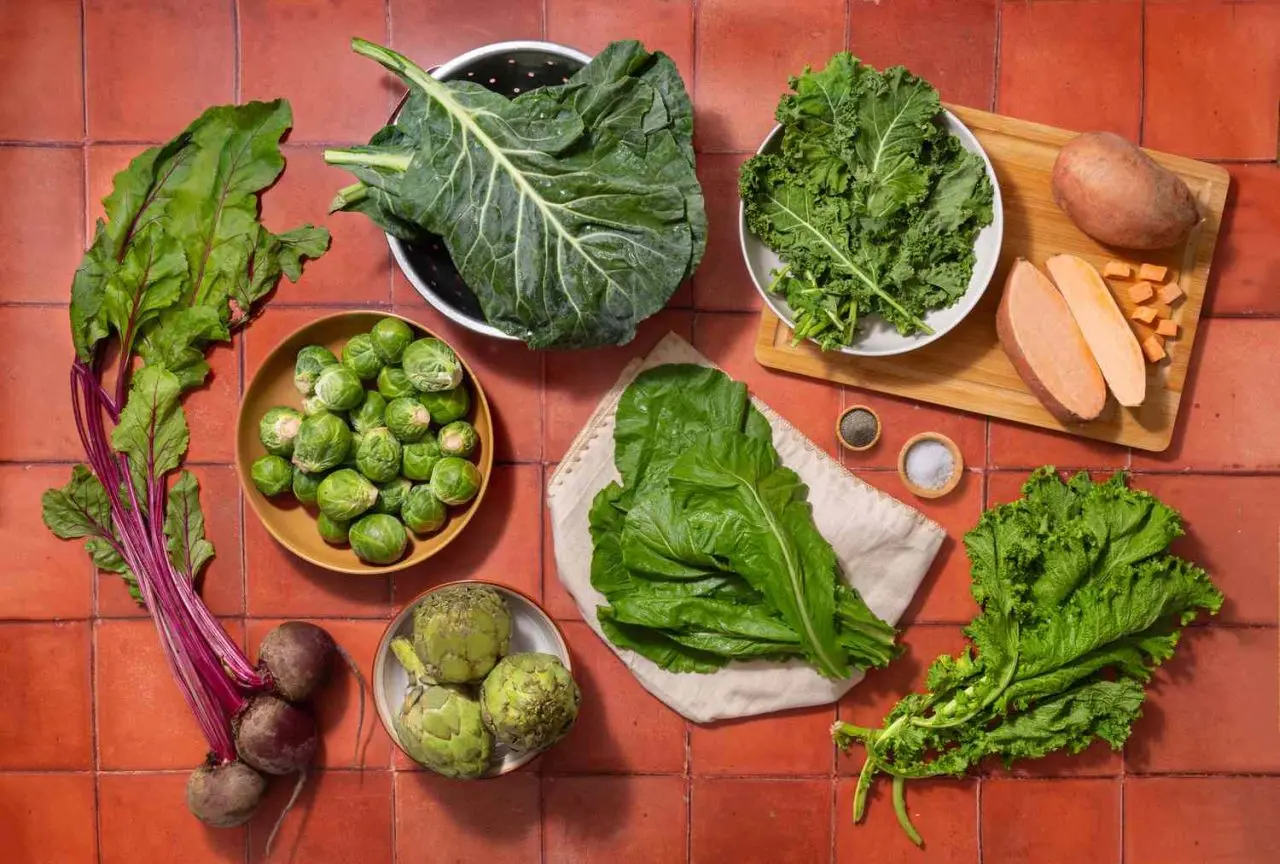
Image: Eating Well/Abbey Littlejohn
Reduces Your Environmental Impact
Plant-based diets also have a smaller carbon footprint and use fewer resources compared to diets high in animal products. Producing plant foods generally requires less water and land, making it a more sustainable choice for the planet.
Also Read: Veganism Harming the Planet – Fact or Fiction
How to get Started on Plant-Based Diet
Transitioning to a plant-based diet doesn’t have to be overwhelming. Start small and build from there.
- Make gradual changes: Begin by adding more fruits and vegetables to your meals. Try including a side salad or an extra serving of vegetables with dinner
- Try meat-less Mondays: Dedicate one day a week to plant-based eating. It’s a fun way to experiment with new recipes and ease into the lifestyle without pressure
- Swap out ingredients: Use plant-based alternatives like lentils instead of ground beef. Replace cow’s milk with almond, oat, or soy milk, and use coconut oil instead of butter
- Experiment with recipes: Try new plant-based meals to keep things exciting. Look for plant-based versions of your favorite dishes, such as vegetable stir-fry, lentil soup or veggie lasagne
- Focus on whole foods: Minimize processed foods and prioritize fresh, whole ingredients. Avoid packaged vegan food, which can be just as unhealthy as processed animal products
- Read labels: Some products marketed as “plant-based” can still contain preservatives and unhealthy additives. Always check ingredient lists and opt for minimally processed items
Foods to Eat on a Plant-Based Diet
Not sure where to start? Here are some staples of a plant-based diet that you can regularly include in your meals to gradually begin a healthy lifestyle.
Vegetables
Vegetables are packed with nutrients regardless of how you cook them. Leafy greens like spinach and kale are full of vitamins and minerals. Cruciferous vegetables — such as broccoli, cauliflower, and Brussels sprouts — support detoxification and digestion. Root vegetables like carrots, beets, and sweet potatoes provide natural sweetness and fiber, while bell peppers and cucumbers add a delicious crunch and variety to your meals. You can also keep frozen vegetables in your freezer for when you’re short on time.
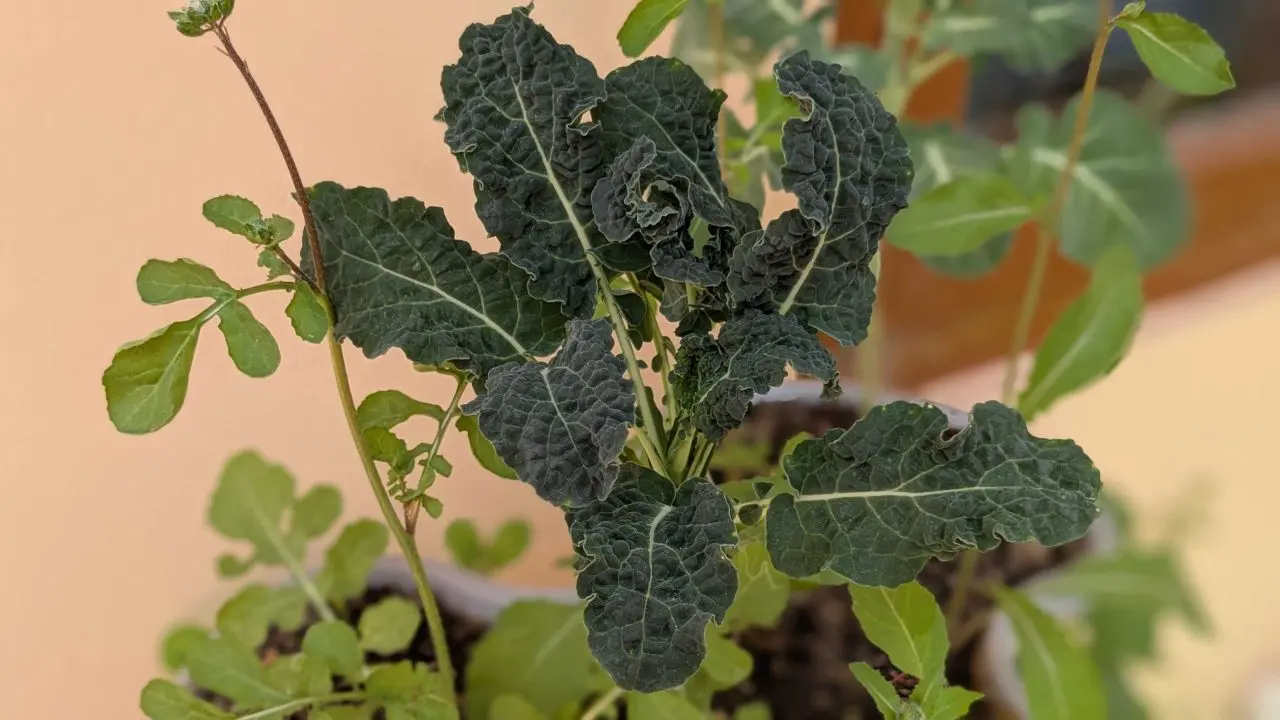
Image: Planet Custodian/Priya Chauhan
Fruits
Berries are rich in antioxidants that promote overall health, while bananas and oranges are full of essential vitamins. Apples and pineapples offer sweetness, hydration, and an energy boost, as well as being anti-inflammatory.
Whole Grains
Brown rice, quinoa, bulgar, and oats are excellent sources of fiber and long-lasting energy. Whole grains — like barley, whole wheat bread, and farro — add variety to plant-based meals and help support digestion. Plus, whole grains are incredibly versatile, and you can prep them ahead of time.
Legumes
Chickpeas, black beans, butter beans, and lentils are rich in protein and iron. Kidney beans and soy-based products like tofu and tempeh offer additional protein to create satisfying meals.
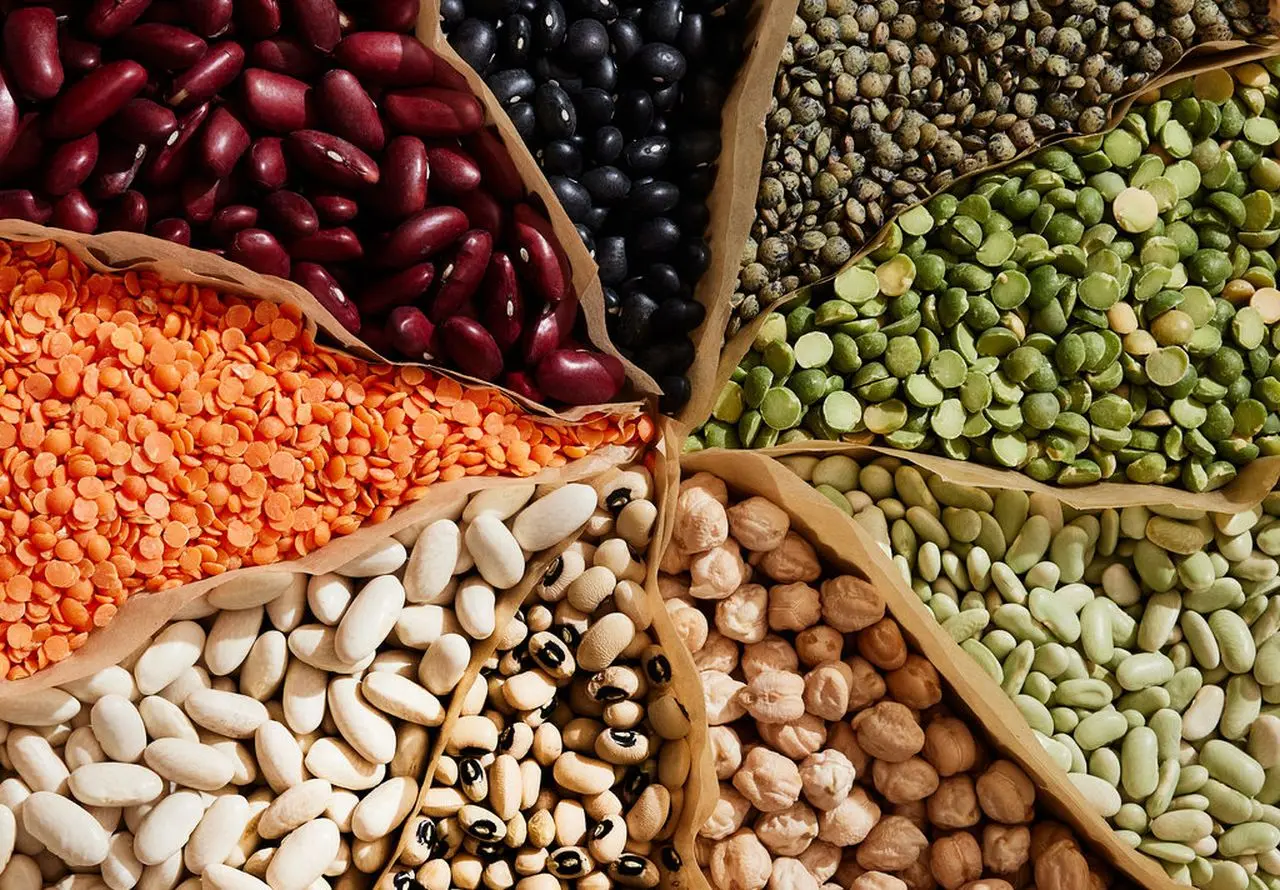
Image: The New York Times/Bobbi Lin
Nuts and Seeds
Almonds, chia seeds, and flax seeds provide healthy fats and omega-3s. Walnuts, sunflower seeds, and hemp seeds contribute essential nutrients and make great snacks or meal toppings.
Healthy Fats
Avocados, olive oil, and coconut provide essential fatty acids. Nut butters — such as almond or peanut butter — are a delicious and nutritious way to add healthy fats to your diet.
A Sustainable and Healthy Lifestyle
While a plant-based diet includes fruits, vegetables, nuts, seeds, oils, whole grains, legumes, and beans, you don’t necessarily have to become vegan or vegetarian and never eat meat or dairy. The Mediterranean diet, which has a plant-based food foundation, also includes occasional fish, poultry, eggs, cheese, and yogurt. This way, you get the best of both worlds while maintaining your responsibility toward the environment.
Compared to meat-based diets, plant-based foods use substantially less natural resources to cultivate, with a lower environmental impact. Switching to a plant-based diet can be simple and rewarding. By making gradual changes, exploring new foods, and focusing on whole, nutrient-dense ingredients, you can enjoy the benefits of better health and a more sustainable lifestyle.

